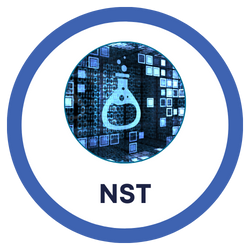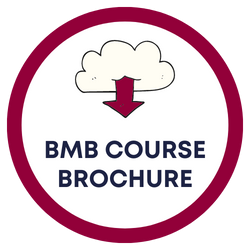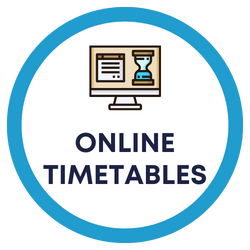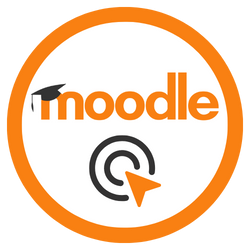The structure of the BMB courseBMB is taught by means of lectures, laboratory-based exercises with linked discussions, Journal Clubs and Experimental Design sessions organised by the Biochemistry Department and also supervisions organised by your college. Progress in science is achieved through observation and experiment. Biochemistry (and its close cousin, molecular biology) is an experimental science that advances from well-thought out investigations in the laboratory. No serious student should neglect the opportunities provided by this course to appreciate this fact. Your course includes experiments for you to gain some insight into how laboratory investigations are carried out and how data are processed and interpreted. To obtain useful results an experiment should be designed to answer a definite question and the detailed planning should be sufficiently rigorous to exclude adventitious errors. The course gives you the opportunity to plan some experiments for yourselves. You should benefit from the practicals in three ways:
More information about the BMB course content can be found on the 'Course Overview' tab. |
The BMB Moodle SiteThe BMB course is supported by a comprehensive Moodle site that contains key teaching materials, such as lecture handouts, links to lecture recordings, and practical notes. The course handbook can also be downloaded from the Moodle site. The BMB Moodle site contains a range of materials that aim to support a variety of learning styles. These materials include short videos describing various experimental techniques, quizzes based on past exam questions or techniques, techniques posters, interactive practical resources, lecture recordings etc. Other key materials, such as safety information, past exam papers, and more, are also available on Moodle. Students enrolled on the BMB course at the start of Michaelmas Term are automatically subscribed to the BMB Moodle site. Students joining the BMB course after the start of term may be added to the Moodle site by contacting the Teaching Administrator. |




